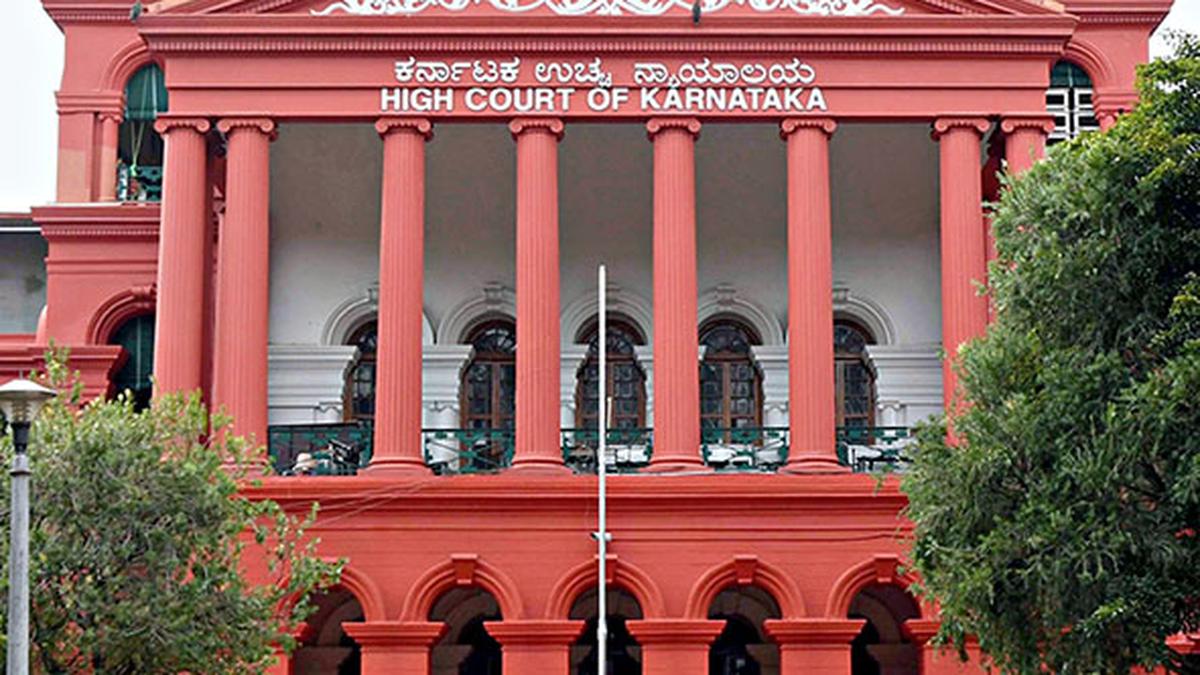 |
|
Justice V. Srishananda of the Karnataka High Court has found himself at the center of a controversy after certain remarks he made during judicial proceedings were circulated out of context on social media. The judge, in a statement read in open court, clarified that his comments were unintentional and not intended to hurt any individual or community. He expressed sincere regrets if his remarks caused offense, specifically referring to comments made to a woman advocate that went viral. He explained that the remarks were directed at her client, not her personally, and expressed his desire to clarify this had the advocate been present in court.
The controversy arose from two video clips extracted from the High Court’s live-streamed proceedings on its official YouTube channel. The first clip featured Justice Srishananda discussing the enforcement of motor vehicle laws in a manner that was interpreted by some as insensitive and potentially racially charged. The second clip, recorded during a cheque dishonour case, contained remarks that were perceived as inappropriate and potentially offensive towards the female lawyer involved. These clips went viral on social media, sparking widespread discussion and criticism, including from senior advocate Indira Jaising who called for the judge to be sent for gender sensitization training.
The incident has highlighted the complexities of live-streamed court proceedings and the potential for misinterpretations and misuse of recordings. The judge’s apology and clarification underscore the importance of context in understanding judicial pronouncements, and the potential for harm that can be caused by selective editing and dissemination of court proceedings online. While live-streaming offers a degree of transparency, concerns remain about the need to ensure that proceedings are not misrepresented or exploited for personal agendas.
The incident also raises questions about the role of social media in influencing public perception of the judiciary. The rapid dissemination of selective clips can create a narrative that may be divorced from the entirety of the proceedings. The Karnataka High Court’s response, including the suo motu taking of cognisance of the situation by a five-judge bench and the seeking of a report from the Registrar-General, demonstrates the seriousness with which the court views this matter. The incident serves as a reminder of the need for responsible and informed use of social media in relation to legal matters, and the importance of providing accurate and contextualized information to the public.
Source: Observations were quoted out-of-context on social media, clarifies Karnataka judge
